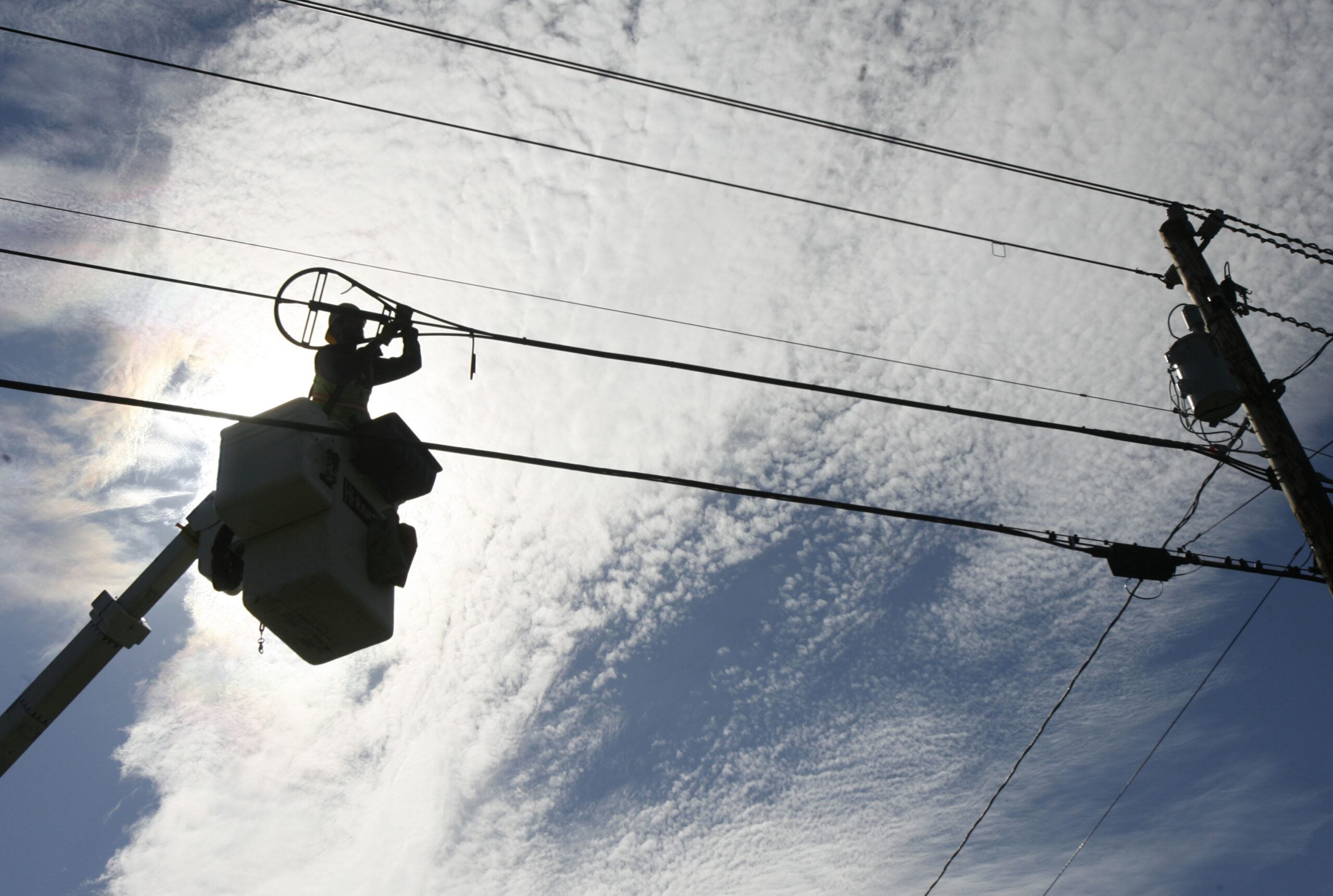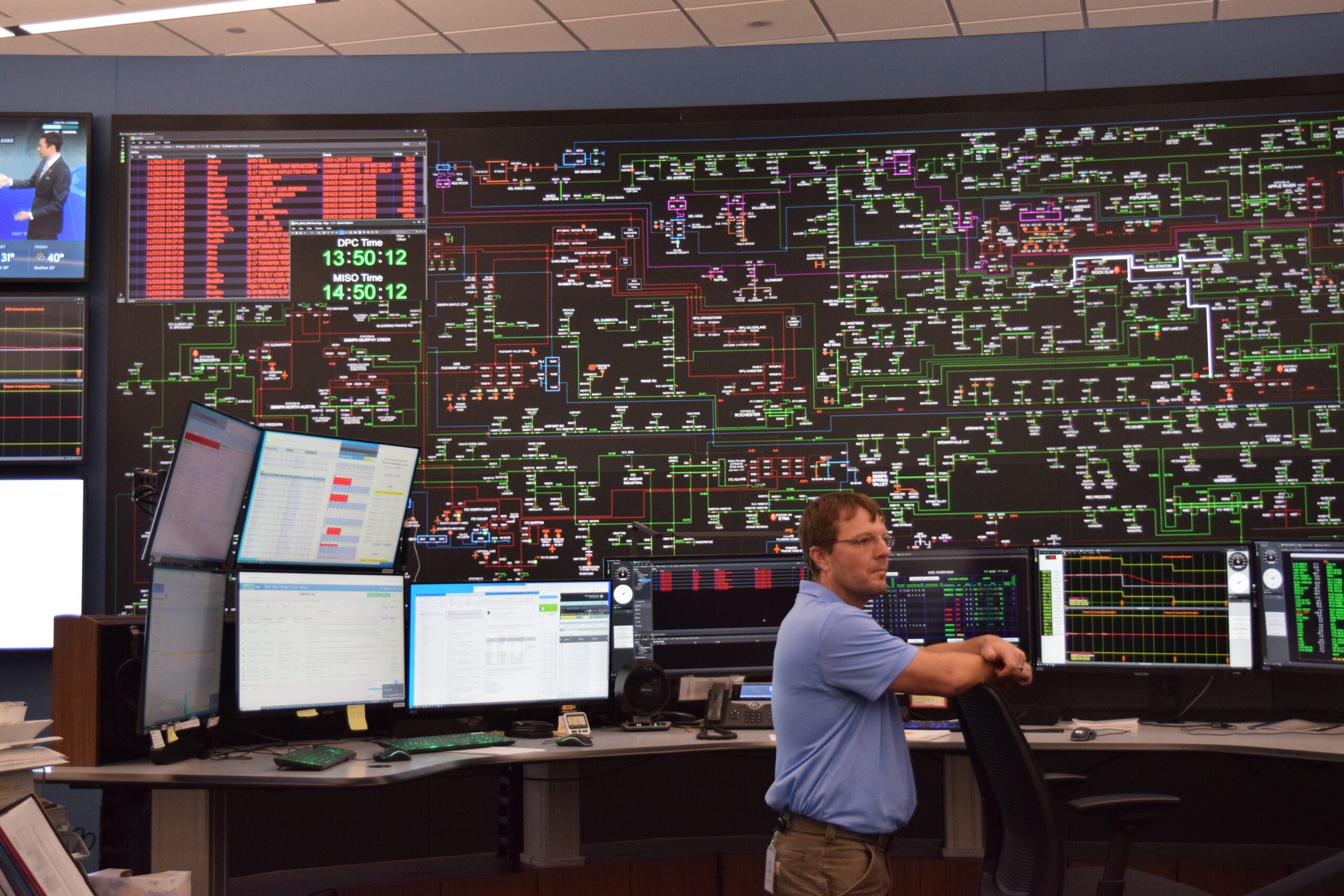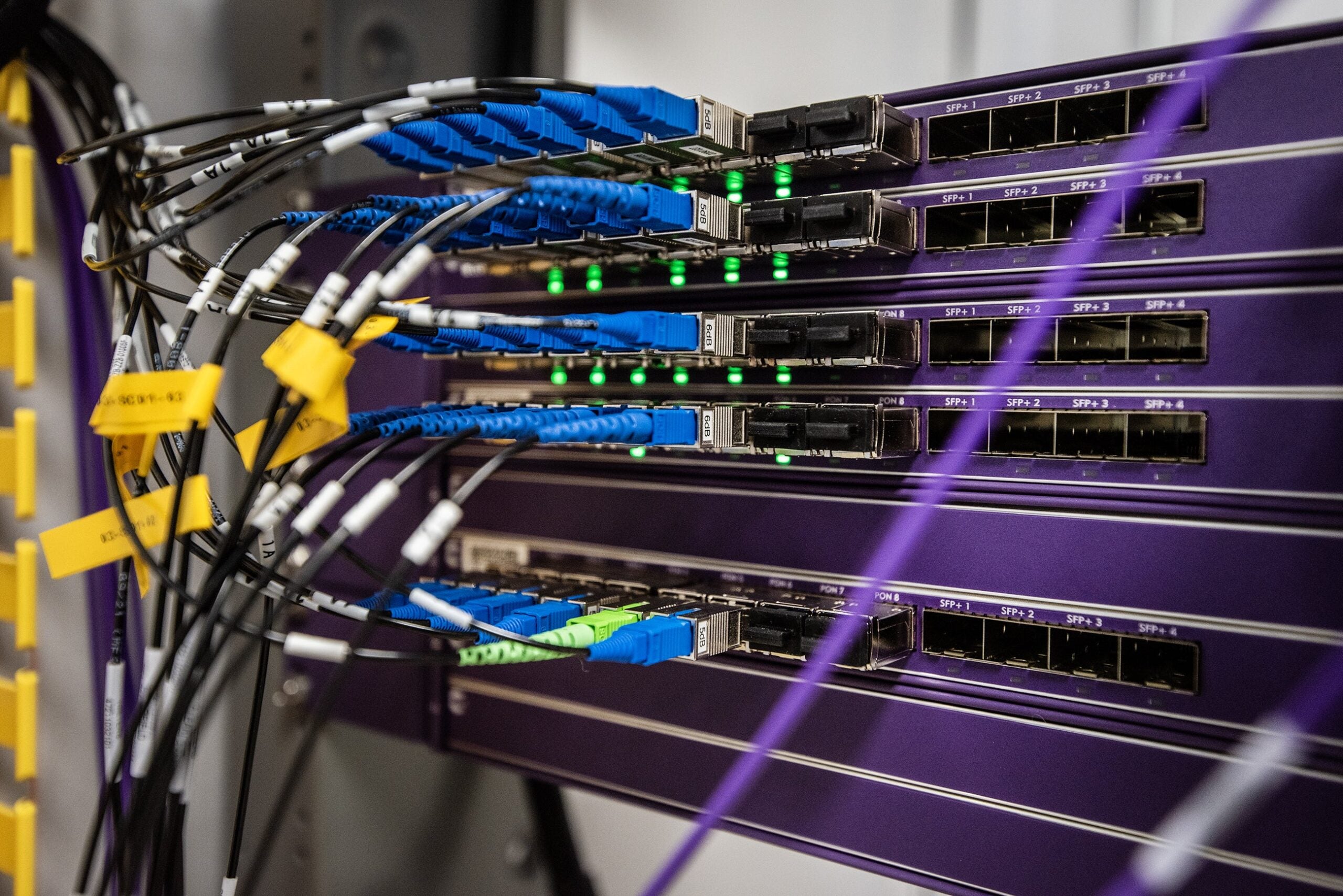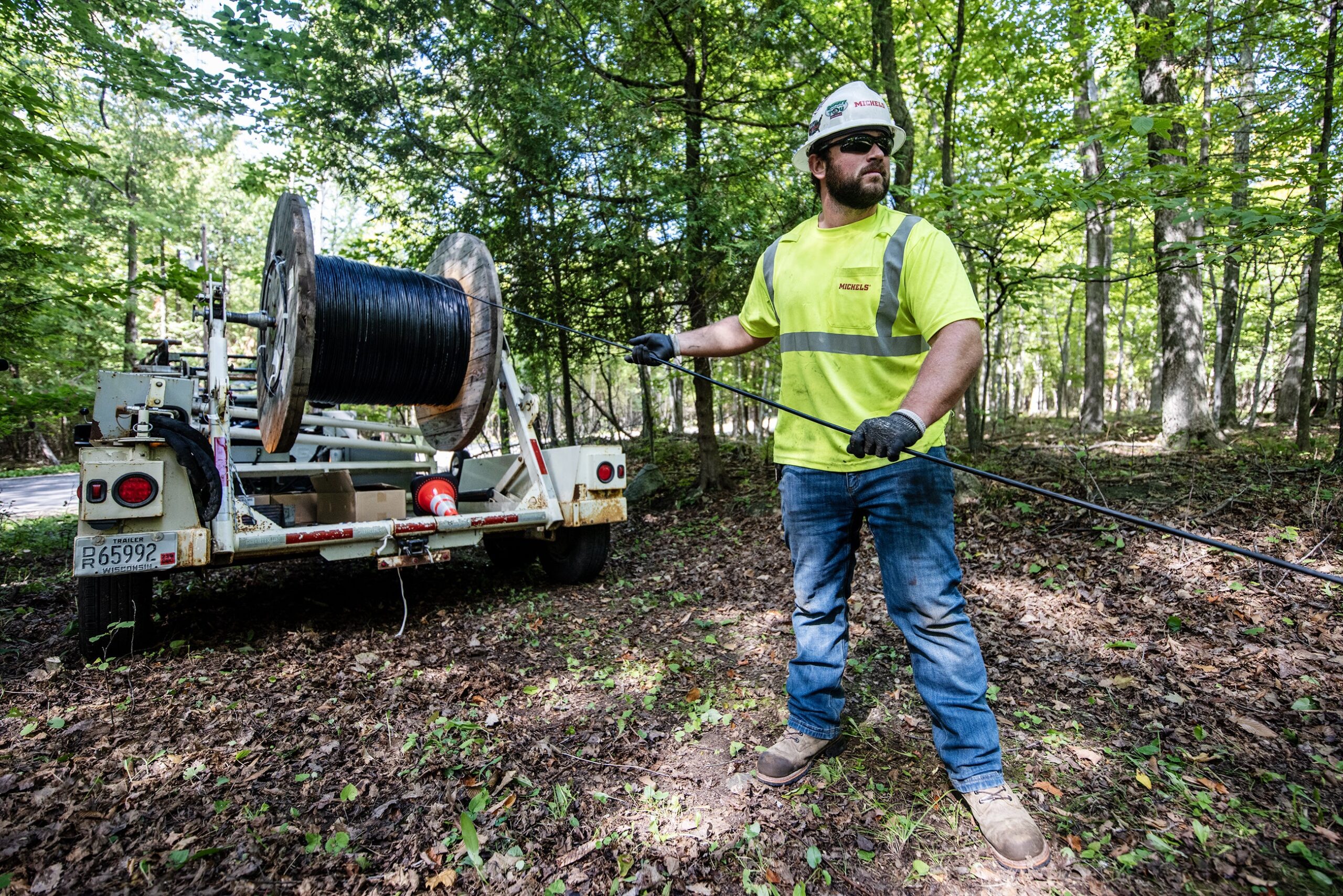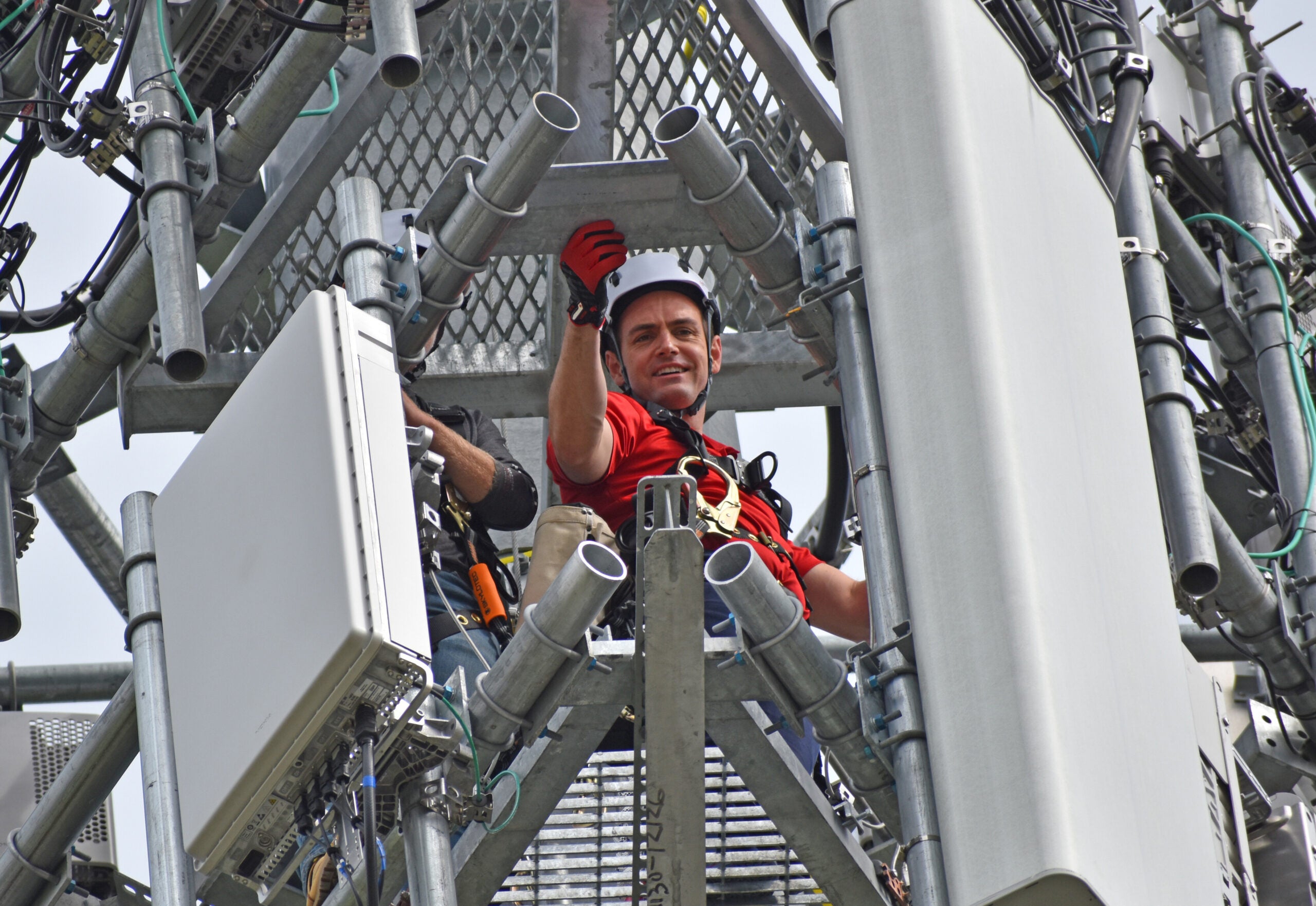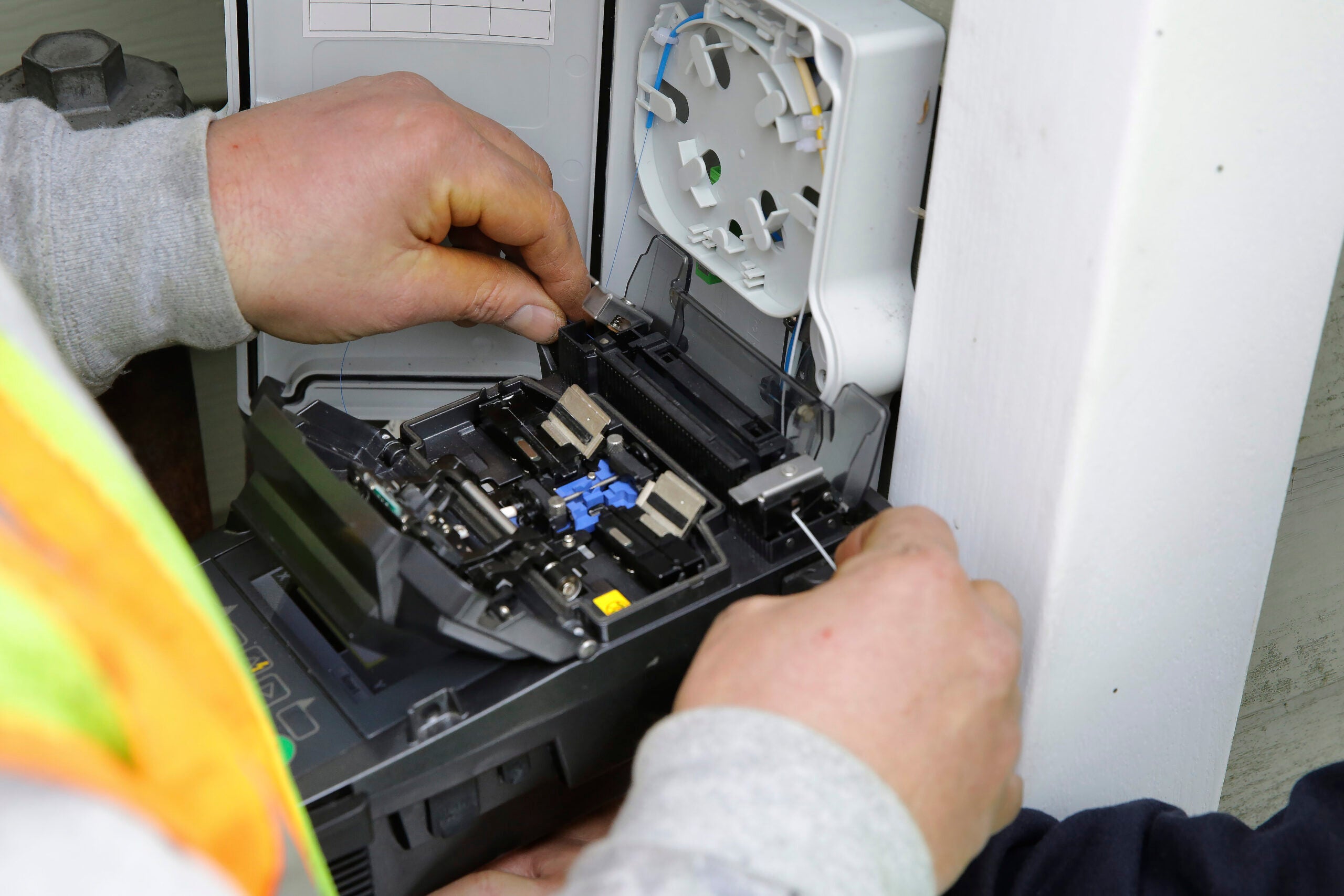A legislative study committee is proposing several changes to the state broadband grant program in hopes of expanding high-speed Internet and job growth in rural areas. Committee member Rep. Beth Meyers, D-Bayfield, said the committee is recommending the Public Service Commission direct grants to broadband projects with specific outcomes.
“We want to see some priorities put out for grants that increase and promote economic development and projects that serve in underserved areas,” Meyers said.
The commission began prioritizing projects based on their economic impact for grant awards this year. But Meyers detailed in a recent letter that the commission will give priority to applicants who include letters of support from businesses planning to grow from a proposed broadband expansion.
Stay informed on the latest news
Sign up for WPR’s email newsletter.
Committee Chair Howard Marklein, R-Spring Green, said the committee also wants to better define which areas are underserved in the state.
“That is, target this grant money to go to where the need is the greatest where there’s little service or very, very poor service … as opposed to taking somebody from a pretty decent level of service to an even higher level of speed,” Marklein said.
The committee would also like the commission to consider the impact on students and residents due to the potential for home-based businesses, healthcare and school-related needs. Marklein said they also wanted to provide a sustainable source of funding for the program. The 2015-17 budget tripled the amount of funding available each year in the state’s broadband grant program to $1.5 million for rural-expansion projects by using universal service fees.
“What the committee supported was that we use $1.5 million per year of the universal service fees into the future,” he said. “We will not require an increase in service fees because there has been an adequate surplus in the last number of years.”
The universal service fee is a charge included on phone bills. But Meyers expressed displeasure with the limited amount of funding for the program.
“States like Minnesota, (that are) putting in $20 million or the state of New York, which I believe is putting in a similar amount to Minnesota, are going to be far ahead of Wisconsin,” Meyers said.
Marklein said the commission is exploring other sources of funding. The Public Service Commission worked closely with the committee, commission spokeswoman Elise Nelson said in a statement.
“To ensure the committee had the relevant information throughout their process, the State Broadband Office continues to assist in Gov. Walker’s goal of expanding broadband to all corners of Wisconsin, and therefore applauds the work of the committee in examining ways to increase access,” Nelson wrote in an email.
A bill is being drafted with the committee’s proposed changes for introduction in the next session. The state’s broadband grant program has awarded $2.5 million for projects so far in underserved areas. According to a 2016 FCC report, 13 percent of Wisconsin residents lack access to high-speed Internet with roughly 710,000 people in rural Wisconsin without access to higher download speeds.
Wisconsin Public Radio, © Copyright 2024, Board of Regents of the University of Wisconsin System and Wisconsin Educational Communications Board.

